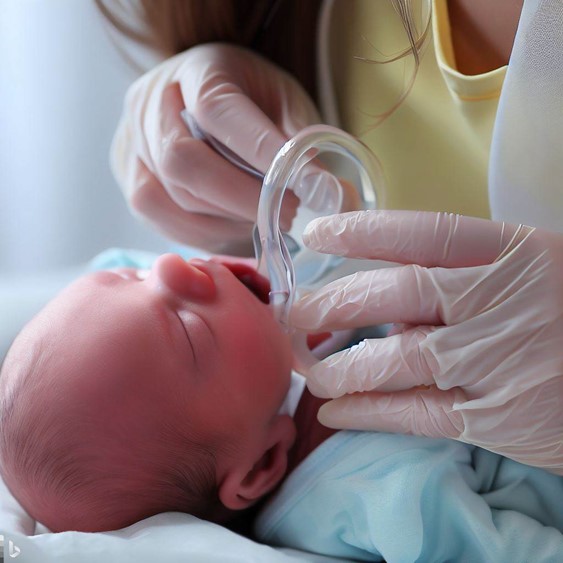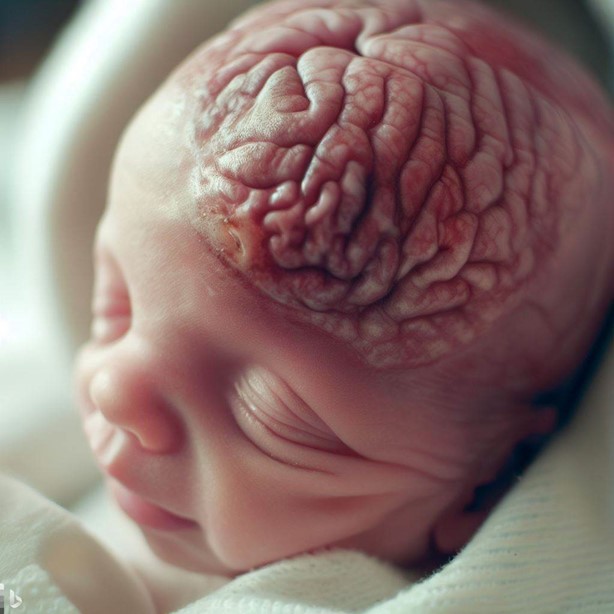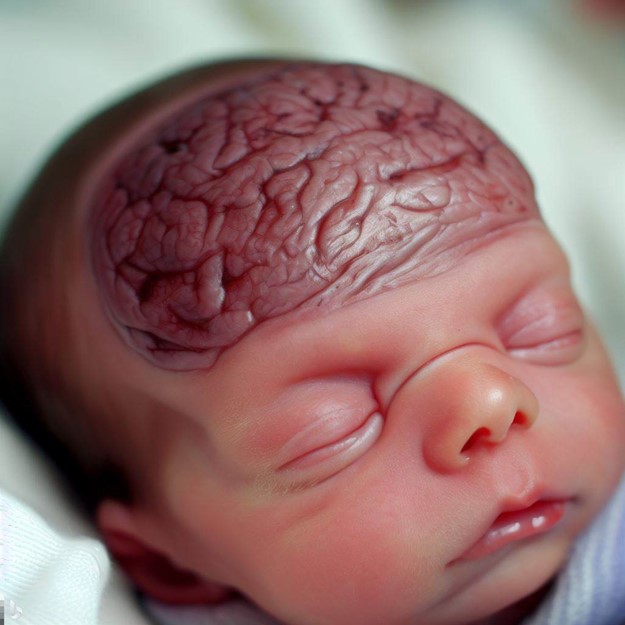A nurse is teaching a new mother about signs of effective breastfeeding of her newborn. Which of the following information should the nurse include in the teaching?
Expect your baby to feed constantly the first week of life.
Your baby can lose 5% of body weight during the first 3 days of life.
Expect your baby to have less than 5 wet diapers per day after the fourth day of life.
Your baby should gain 0.25 oz (7 grams) per day after the fourth day of life.
The Correct Answer is B
Your baby can lose 5% of body weight during the first 3 days of life. This is a normal physiological process that happens as your baby adjusts to breastfeeding and expels excess fluids. Your baby should regain this weight by 10 to 14 days of age.
Choice A is incorrect because your baby does not need to feed constantly in the first week of life. Your baby should feed at least eight times in 24 hours but may have periods of cluster feeding where they feed more frequently for a few hours.
Choice C is incorrect because your baby should have more than 5 wet diapers per day after the fourth day of life. This is a sign that your baby is getting enough milk and is well-hydrated.
Choice D is incorrect because your baby should gain more than 0.25 oz (7 grams) per day after the fourth day of life. The average weight gain for a breastfed baby is about 0.5 to 1 oz (14 to 28 grams) per day in the first month.
Nursing Test Bank
Naxlex Comprehensive Predictor Exams
Related Questions
Correct Answer is A
Explanation
Clear the respiratory tract. This is because clearing the respiratory tract is the first step in the initial care of a newborn following vaginal delivery. The respiratory tract includes the nose, mouth, and lungs.
Clearing the respiratory tract helps the baby breathe more easily and prevents aspiration of amniotic fluid, blood, or mucus. The nurse can use a bulb syringe or a suction device to gently remove any fluid from the baby's nose and mouth.

Choice B is not correct because drying the infant off and covering the head is not the first action to take. Drying and covering the infant helps prevent heat loss and hypothermia, which are important for newborn care. However, this should be done after clearing the respiratory tract.
Choice C is not correct because stimulating the infant to cry is not the first action to take. Stimulating the infant to cry can help expand the lungs and improve oxygenation, which is also important for newborn care. However, this should be done after clearing the respiratory tract.
Choice D is not correct because clamping the umbilical cord is not the first action to take. Clamping and cutting the umbilical cord separates the baby from the placenta, which is no longer needed after birth. However, this should be done after clearing the respiratory tract.
Correct Answer is A
Explanation
This is because cephalhematoma is a collection of blood under the scalp that does not cross the suture line. It is caused by trauma to the head during delivery, such as from vacuum extraction or forceps. It usually appears within a few hours or days after birth and resolves within weeks or months.


Choice B is not correct because nevus flammeus is a type of birthmark that is also known as port-wine stain. It is a flat, red, or purple patch of skin that can appear anywhere on the body, but often on the face. It is caused by abnormal blood vessels in the skin and does not go away over time³.
Choice C is not correct because the molding is the temporary change in the shape of the head due to pressure during delivery. It does not cause swelling or bruising and usually resolves within a few days.
Choice D is not correct because caput succedaneum is a type of swelling that affects the scalp and crosses the suture line. It is caused by fluid accumulation under the scalp due to pressure during delivery. It usually appears at birth and goes away within a few days.
Whether you are a student looking to ace your exams or a practicing nurse seeking to enhance your expertise , our nursing education contents will empower you with the confidence and competence to make a difference in the lives of patients and become a respected leader in the healthcare field.
Visit Naxlex, invest in your future and unlock endless possibilities with our unparalleled nursing education contents today
Report Wrong Answer on the Current Question
Do you disagree with the answer? If yes, what is your expected answer? Explain.
Kindly be descriptive with the issue you are facing.
